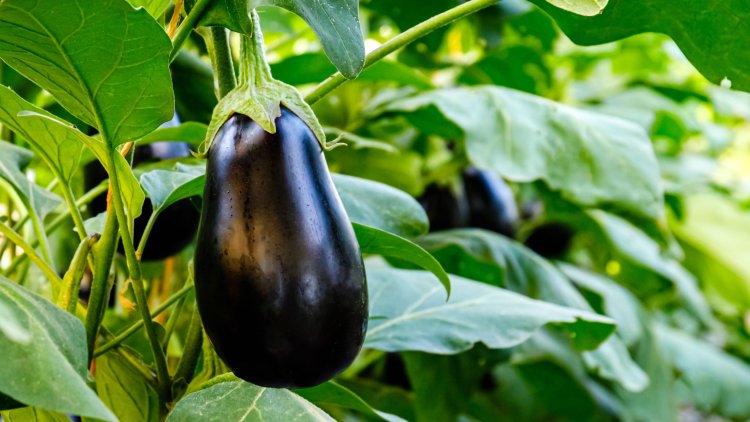Eggplant - why it is good for us?
Eggplant is a very interesting and useful vegetable, and luckily for us, it's in season right now!

Did you know that in cooking, eggplant is considered a complementary food that balances all other flavors and combines well with a large number of foods? Yes, eggplant is a very interesting and useful vegetable, and luckily for us, it's in season right now! Purple in color (it also comes in other colors and types, but this one is the most famous), oblong in shape, bitter in taste and spongy in texture, eggplant - or eggplant - originates from India. It came to Europe in the 14th century and since then we can find it in various dishes.
Although it is related to tomatoes, peppers and potatoes, and vegan cuisine recognizes it as a worthy substitute for meat because it is a good source of protein, eggplant is still not a very popular vegetable. It contains vitamin C, K, B6, thiamin, niacin, magnesium, phosphorus, copper, dietary fiber, folic acid, potassium and manganese, and at the same time it has very little saturated fatty acids and is a good source of protein. It is also a good choice for diabetics because it has a low glycemic index and since it has very few calories, we can eat it even when we are on a diet.
In the kitchen, as we have already written, eggplant is a welcome food. It can be baked, stuffed, breaded, put on salads, pasta and even on pizza. Below are some tips that are good to know before you start preparing them:
1. Find the perfect eggplant
You want a firm eggplant, without any soft parts. It is best to get a medium-sized one, the really big ones can be bitter and full of seeds.
2. Drain it and add salt
It's a tedious step, but you have to do it. Not only does salting and draining the eggplant reduce the bitterness, it draws out the moisture that can give it a less-than-desirable texture. Depending on how you cut the eggplant, you can drain it between paper towels or in a colander in the sink. You also need to add salt, because that way you will additionally neutralize the bitterness, but then you have to wash it off.
View this post on Instagram
3. It's a good idea to peel it
This is true if we are talking about a larger eggplant because its skin is usually thicker and harder to chew. Therefore, peeling the skin and cutting it into cubes for baking or stewing is the best way. For smaller species, the peel can remain.
4. Do not overdo it with oil.
Eggplant absorbs oil too well, so be careful when preparing it. Namely, eggplant is like a sponge. Any ingredient you add to it, it will absorb it. Therefore, choosing the right amount of oil, salt and spices wisely will ensure success.
5. Be careful not to leave it raw
Depending on the variety and size and the way of cutting, eggplants need 15 to 25 minutes to be fully cooked. Undercook them and you're left with a bitter-tasting vegetable that has the texture of cotton wool.
6. Season it after cooking
Eggplant needs a lot of seasoning, but we suggest adding salt after it is cooked. Adding salt during cooking can lead to sticking and uneven browning. Season it richly as soon as it comes out of the oven (or pan, or grill).
Post By: Vanessa F.




























